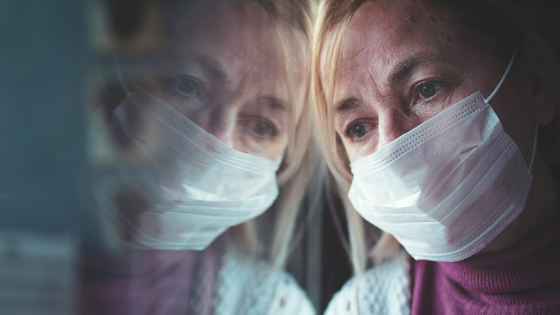Research and Practice
Research Areas
The Department of Mental Health covers a wide array of topics related to mental health, mental illness, and substance abuse. We emphasize ongoing research that enriches and stimulates the teaching programs. All students and fellows are encouraged to participate in at least one research group. Faculty and students from multiple disciplines work together within and across several major research areas:
Autism and Developmental Disabilities
Faculty are working to understand the distribution, causes and consequences of autism and developmental disabilities as well as the impact of public health policy on children and families.
Global Mental Health
Global Mental Health faculty develop, implement, and evaluate measures and interventions to assess and meet mental health needs of communities around the world, with a focus on developing nations.
Mental Health and Aging
Faculty in the Mental Health and Aging Research Area conduct observational and intervention research aimed at enhancing cognitive and mental well being in older adults.
Mental Health and COVID-19
Understanding how mental health evolves as a result of this serious global pandemic will inform prevention and treatment strategies moving forward.
Mental Health in the Workplace
At the Bloomberg School of Public Health, which houses the only department of mental health in a school of public health, we have a unique ability to define both the problems and potential solutions.
Mental Health Services and Policy
Faculty in this area study mental health and behavioral health services and supports in communities, educational institutions and employment settings. They aim to reduce risk, and provide effective long-term treatment.
Methods
The Methods program area develops and applies innovative qualitative and quantitative methods for public mental health research, with a focus on statistical methods and economic models.
Prevention Research
The Prevention Research faculty develop, test, refine and bring to scale prevention programs directed at a range of mental health and behavioral problems in children, adolescents, adults and the elderly.
Psychiatric and Behavioral Genetic Epidemiology
Faculty in this area research genetic factors and how they interact with the physical and social environment to affect the risk for mental disorders.
Psychiatric Epidemiology
Faculty in this area study the occurrence and distribution of mental and behavioral disorders across people, space and time, and examine the causes to develop support and treatment strategies.
School-based Mental Health
The Department of Mental Health views the education and schools as a key public health context. Multiple faculty members partner with local school systems to develop, refine, and test preventive interventions for school-aged children and aim to promote mental health as well as positive social, emotional, and behavioral development.
Social Determinants of Mental and Behavioral Health
Social Determinants of Mental & Behavioral Health Area emphasizes the role of multilevel social and structural factors in shaping mental and behavioral health, such as stigma, social networks, structural racism and policies on housing, drug control, and criminal justice domestically and internationally.
Substance Use Epidemiology
Faculty in this area study the etiology and natural history of substance use, and develop and evaluate interventions to prevent and control substance use disorders.
Violence
The Department of Mental Health has projects focused on various aspects of violence such as suicide, intimate partner violence, and youth violence. Faculty and students from multiple disciplines work together within and across several major research areas.
Centers and Institutes
The department houses several school-based centers, and has a significant role in many others across the school. These are described below. Centers help bring together faculty, students, and community partners across multiple departments and schools to meet their particular missions in pursuit of improving public mental health.
Our Students and Faculty Work in Action
The Johns Hopkins COVID-19 Mental Health Measurement Working Group developed key questions to add to existing large domestic and international surveys to measure the mental health impact of the pandemic.

